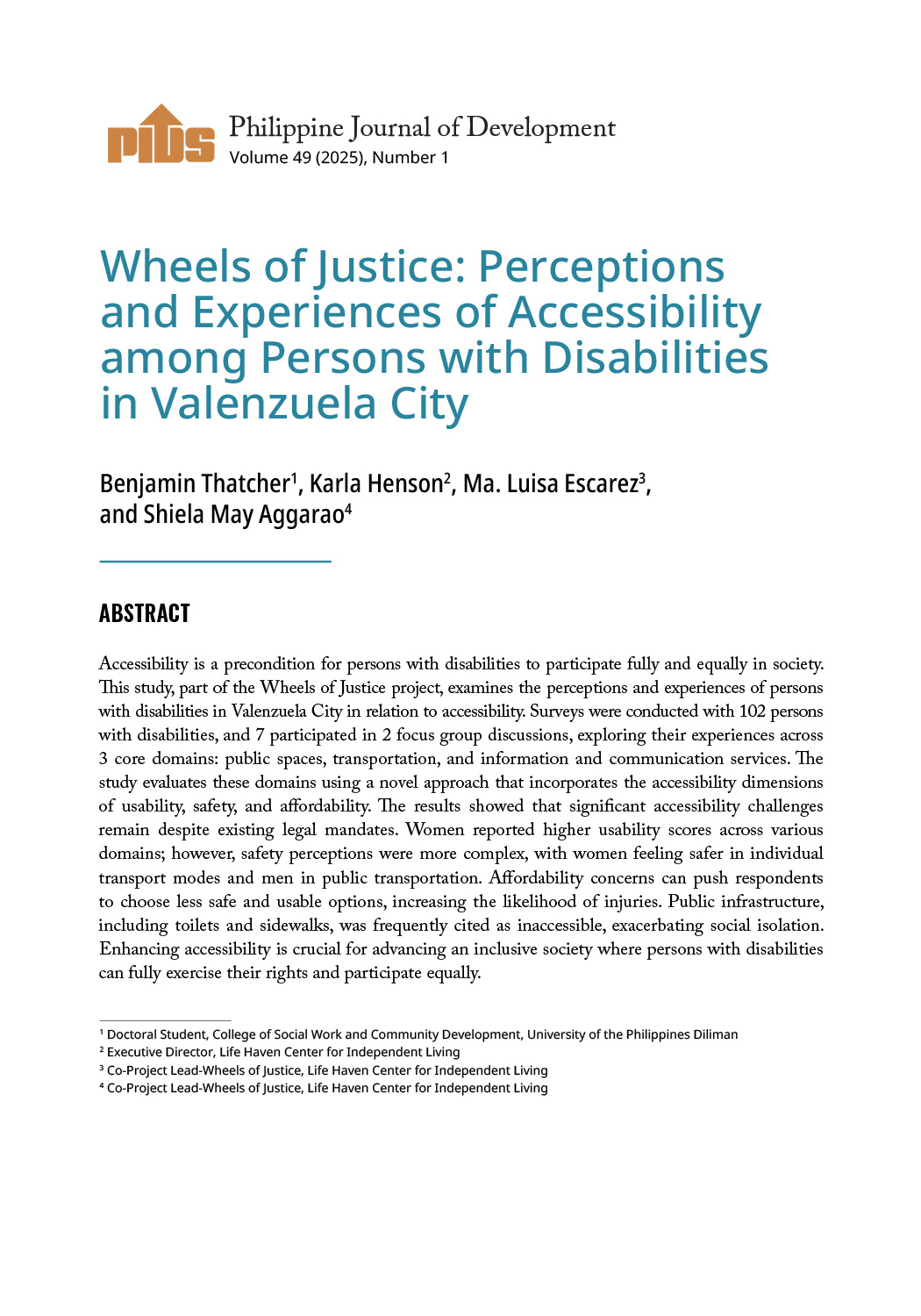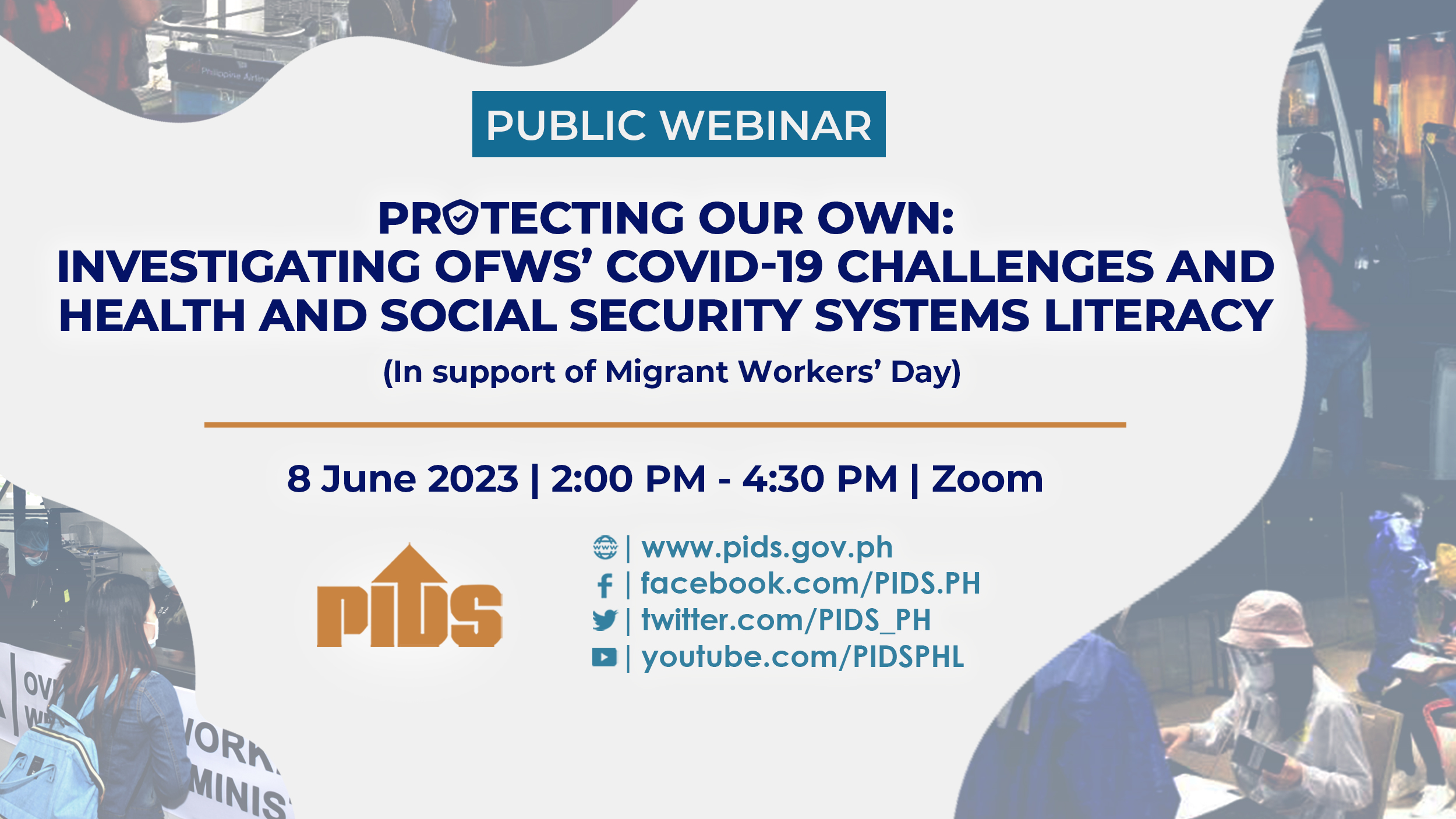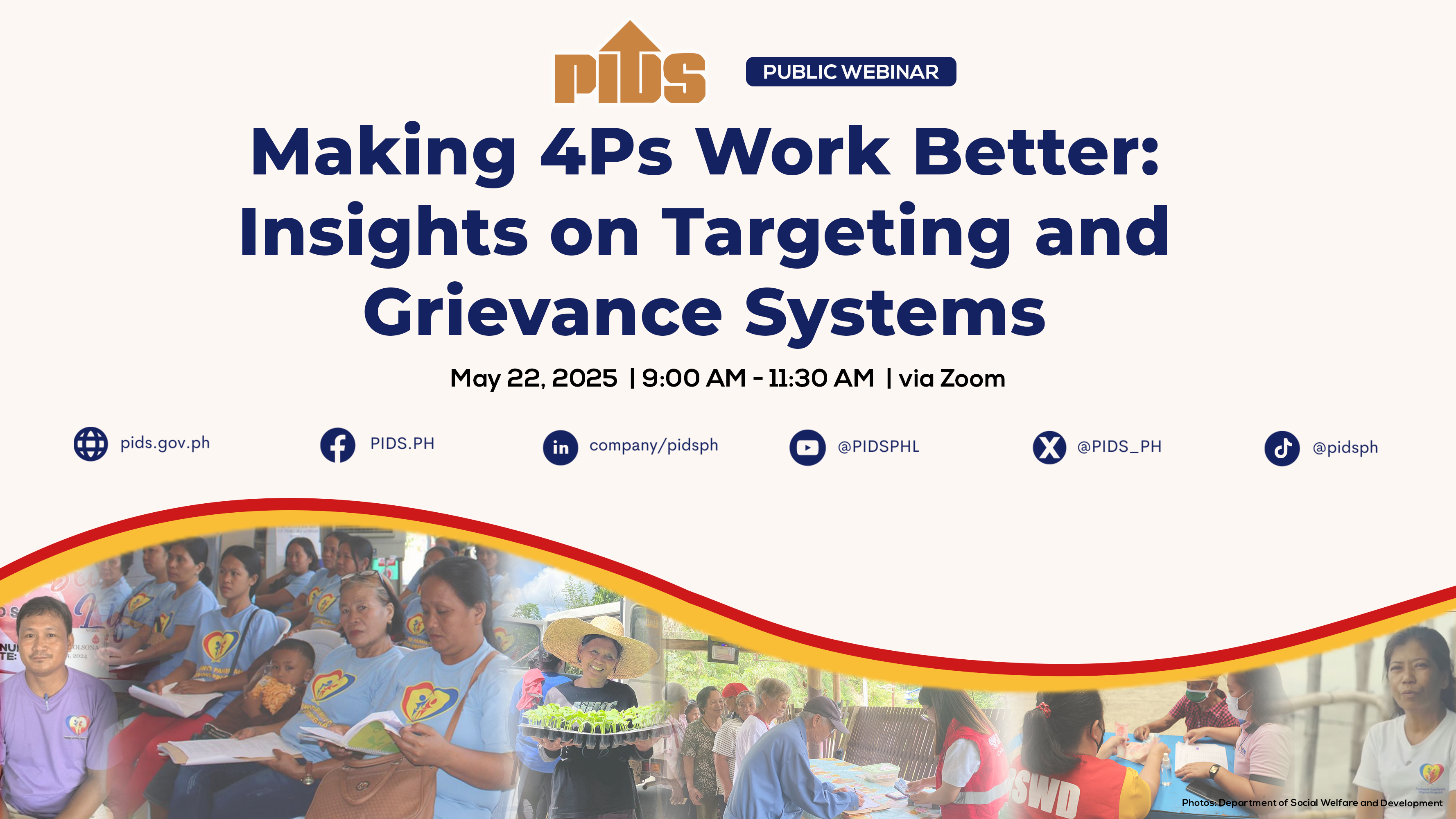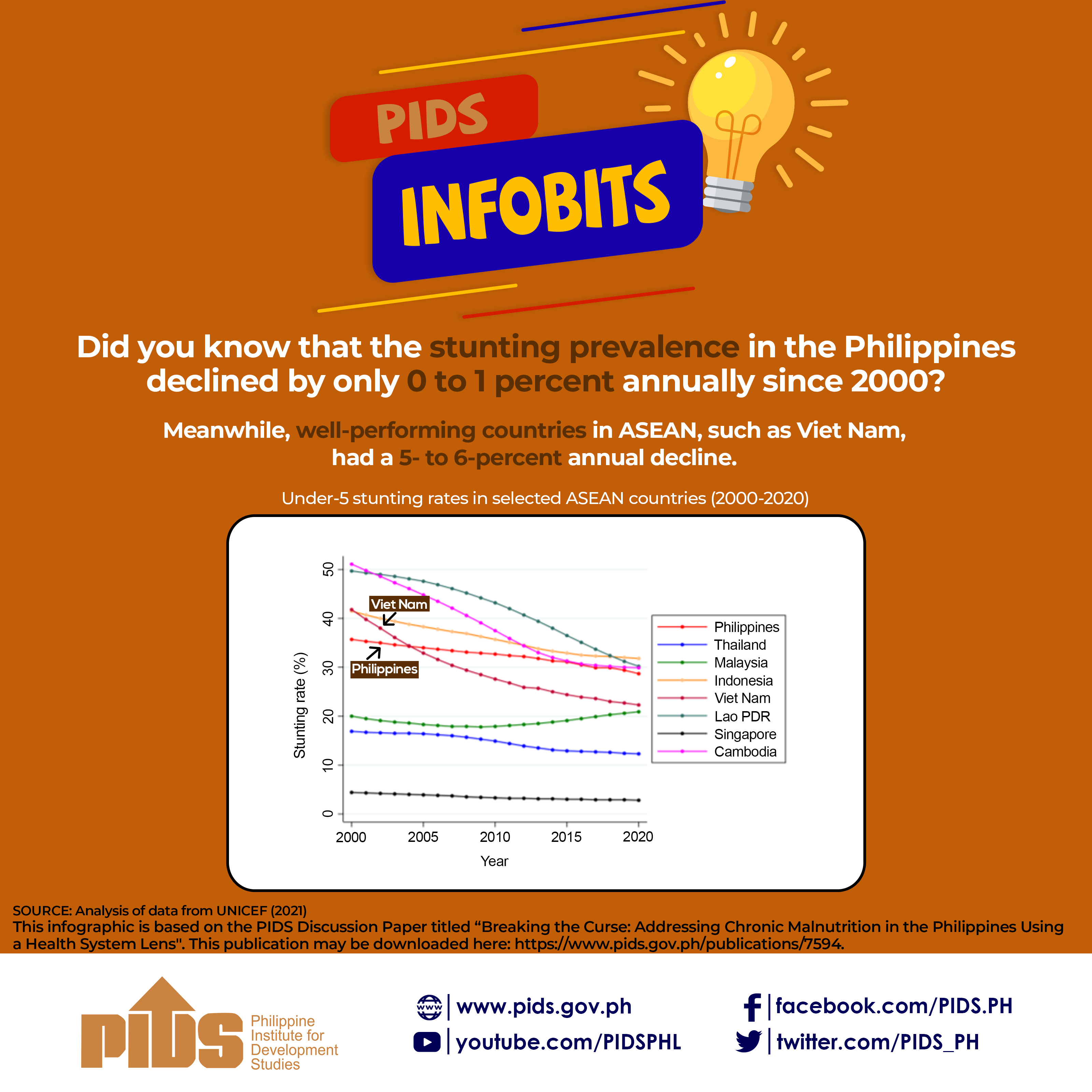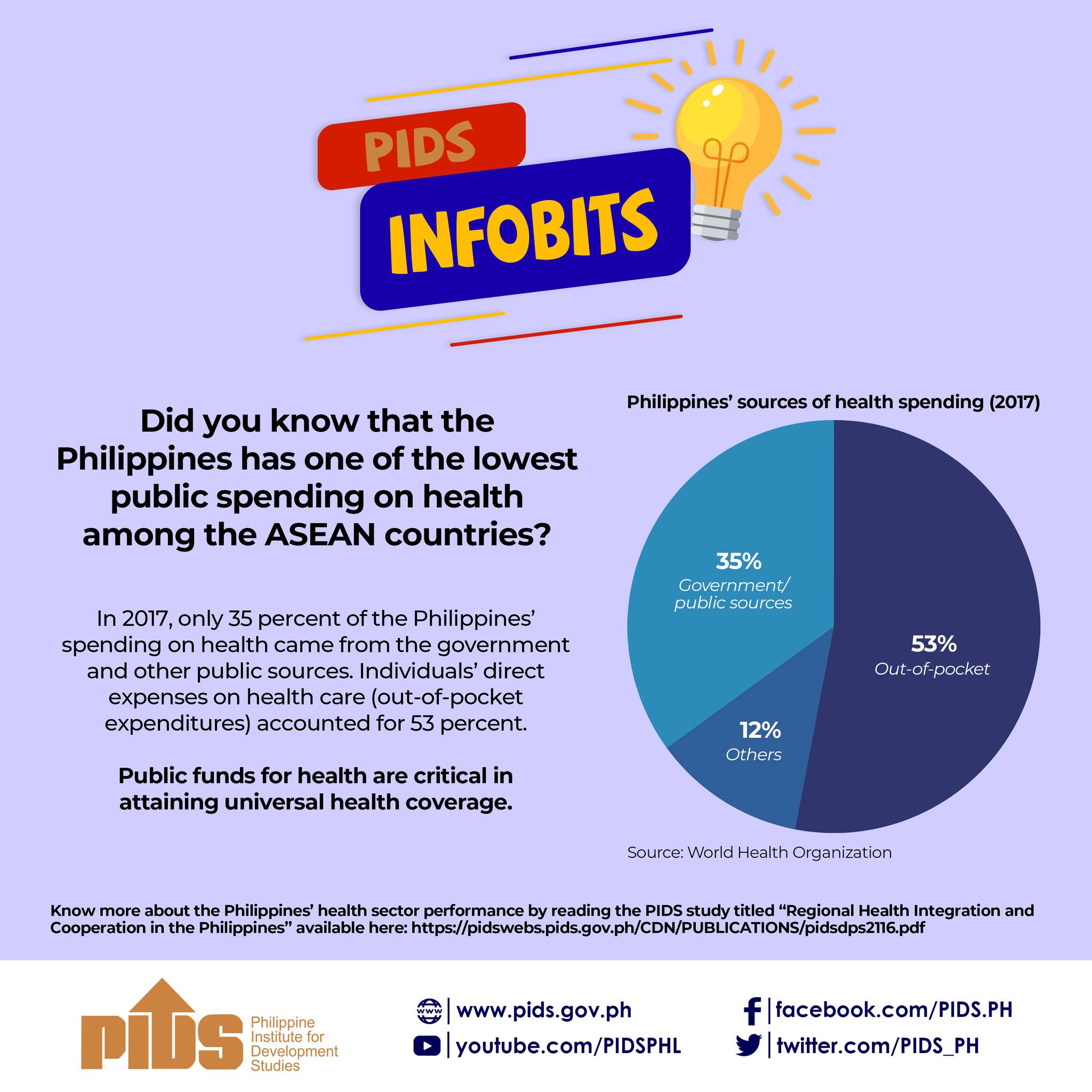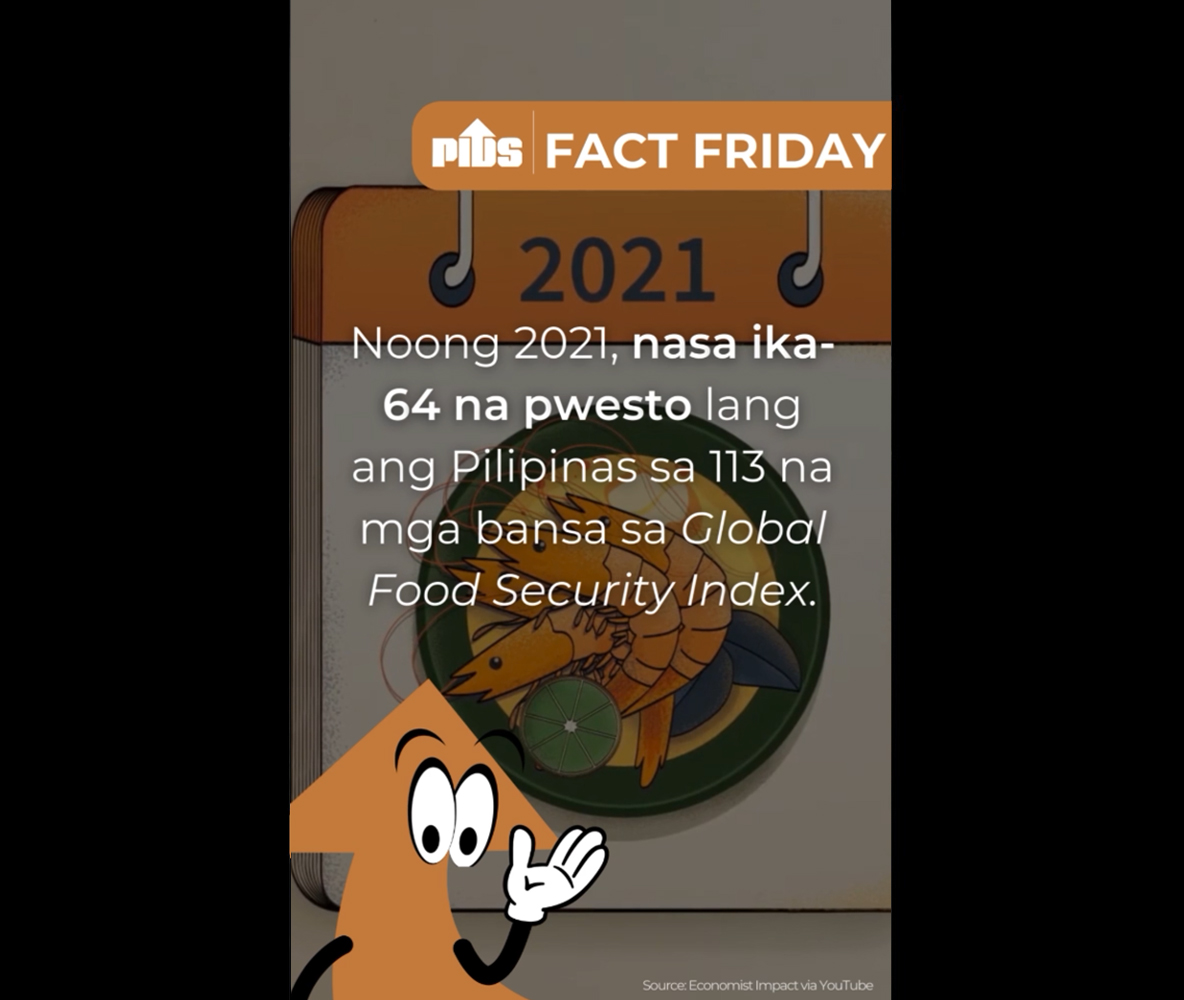Government think tank Philippine Institute for Development Studies (PIDS) on Monday said the country needs to look at well-established e-government models in other countries to improve its own system so that it can efficiently deliver state services in the "new normal" and even in future crises.
In the forthcoming discussion paper titled "Innovating Governance: Building Resilience Against COVID-19 Pandemic and Other Risks,” PIDS researchers Aubrey Tabuga, Sonny Domingo, Charlotte Justine Sicat, and Valerie Gilbert Ulep pointed to Canada and Estonia as having succeeded in implementing e-governance systems that the Philippines can emulate.
According to PIDS, Canada has been implementing the Service Canada program since 2005 to provide a single point of access to a full range of federal government services and benefits through the use of the internet, telephone, and e-mail.
Over time, the program yielded more services and cost-saving strategies for its citizens, it said.
PIDS said Estonia’s government, for its part, invested heavily in innovative IT solutions to allow citizens to routinely use ICT in accessing government services.
The country also relies on smart infrastructure built by local Estonian companies that made it possible to build a large and interconnected ecosystem.
"The Philippines can draw lessons from these e-government models to be able to improve its ICT system,” PIDS said.
“One such lesson is to adopt a policy with a uniform set of guiding principles and standards. Another is to address the causes of digital divide," it added.
The PIDS study recommended a "holistic approach to ICT infrastructure development” as well as the adoption of a clear and implementable policy for integration and the improvement of basic and computer literacy of people especially those in the marginalized sectors.
Long-standing challenges
E-government was introduced in the Philippines in 2000 with the inception of the Government Information System Plan (GISP) which was aimed at computerizing government operations and activities.
This was followed by e-government reforms such as the e-Commerce Act also in 2000 and the e-Procurement Act in 2003.
Despite these developments, however, the application of e-government solutions has remained “incremental" in the Philippines, PIDS said.
The study said the COVID-19 pandemic has also magnified the long-standing challenges in the use of information and communications technology.
It said the manual distribution of the Social Amelioration Program (SAP) and the lack of real-time submission of surveillance data from local government units were indications that ICT infrastructures in the country were still untapped.
The PIDS study cited some barriers that could hamper the progress of realizing the potentials of e-government in developing countries like the Philippines.
One is the digital divide, which refers to the gap between those who have access to computers and the internet and those who do not.
Another issue pertains to the country's ICT legal framework. "Outdated laws and policies, overlapping functions of authorities can hinder the implementation of e-government initiatives," the study said.
Complex laws and regulations can also increase the cost of collaboration for various agencies, it added.
The inadequacy of ICT infrastructure is also a significant challenge in the implementation of e-government in the Philippines. Among the gaps identified in this area are the lack of technological skills among leaders, employees, citizens, and vulnerable population; lack of qualified IT developers or managers; lack of interoperability or lack of shared standards and compatible infrastructure across government agencies; and lack of hardware.
PH should emulate other countries’ e-governance systems: think tank


